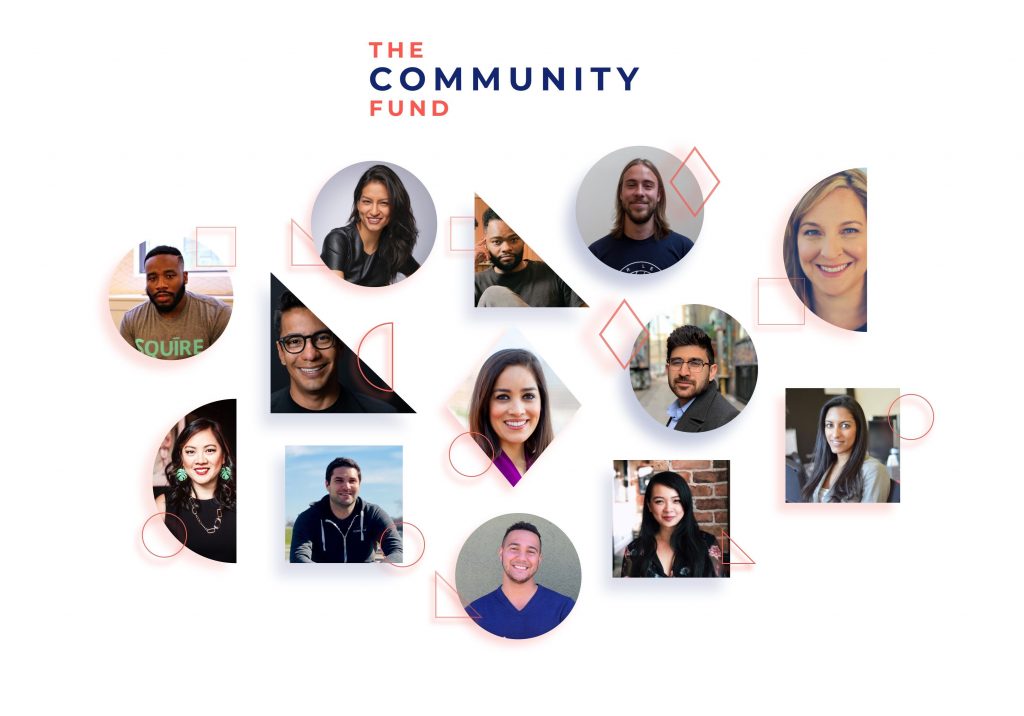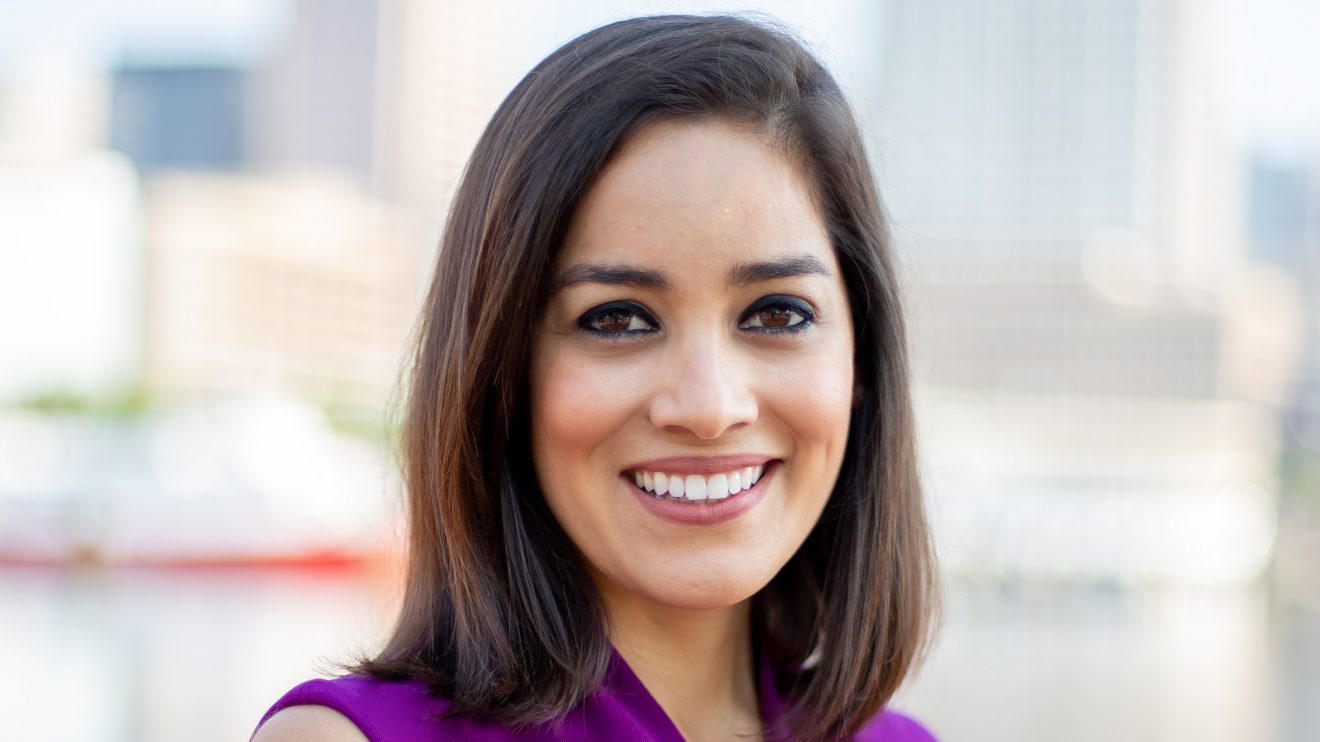When picturing a venture capitalist, the image that comes to mind may look very different from investor Lolita Taub. Taub, a first-generation Latinx woman, broke into the predominantly white and male industry because of her passion for technology. Taub’s interest started when her third-grade teacher helped her parents cover the cost of a personal computer. That act of kindness inspired her path into tech. Many decades later, it led her to sign-up for Twitter. There, she met Jesse Middleton, her co-founder of The Community Fund. This $5 million venture capital fund invests in early-stage community-driven companies.
Building a Fund
Through Twitter, Taub and Middleton discovered that they shared a goal of reaching and investing in founders that come from communities outside of the Silicon Valley stereotype. Together, they launched The Community Fund in early September. After reviewing more than 450 applications, they determined their team of investors. This includes Elias Torres, Cheryl Campos, Calanthia Mei, Melissa Moore, Hassan Bhatti, Sonia Nagar, Aaron Samuels, Kara Weber, Mike Swift, Songe LaRon, and Dave Salvant. The goal of The Community Fund is to make investments in 100 community-focused companies within the next three years. It’s an ambitious goal, but both Taub and Middleton believe it’s worth the effort. Most importantly, they feel confident that the team’s investments will reap outsized returns.
Taub’s aim of supporting underestimated communities shows in every aspect of her professional life. She currently works as interim Head of Sales for Catalyte. The company uses artificial intelligence to identify individuals, regardless of background, who have the innate potential and cognitive ability to be great software developers. She created the Startup-Investor Matching tool, which matches underestimated startup founders with compatible investors. Many of these founders would never have had access to intros to investors or capital without her work. Beyond that, she is an angel investor and offers pitch deck reviews, personal consultations, speaking gigs, online courses, and a newsletter. Everything centers around connecting with and improving the lives of underestimated communities. Her goals include, “increas[ing] the dollars going into underestimated founders and increasing the number of investors from underestimated backgrounds because that’s what’s going to create superior returns and generational wealth.”
Strength from Support Systems
After all, as Taub describes, it was her servant leadership of her community that has allowed her to thrive. In her personal story “From the Hood to Launching a Fund: Persistence Overcomes Resistance,” she details a difficult childhood. Her family struggled with poverty, and Taub was actively scouted by gangs, though she was shielded by the guidance of her parents and teachers. One teacher encouraged her to apply to a boarding school where she was accepted with a scholarship. It was an amazing opportunity, but Taub was unnerved by the vast difference between her mother counting up coins for a gallon of milk and her friends’ private jets.
In her Medium article, she writes, “This dichotomy of haves and have-nots was apparent, and it boggled my mind that there was such an abundance of resources in my new community but not at home. Ever since then, I’ve wanted to establish a connection between the abundance of resources in the world and the communities that need them.”
Taub’s father passed away after she graduated college, leaving her to manage the family’s bills while battling (and eventually beating) pre-stage cancer. But that image of unshared resources stayed with her, and so she began seeking other opportunities.

Struggling in Tech…
She learned about the world of startups and investments by working in Silicon Valley. Unfortunately, she knew that it would not be the easiest industry to break into.
“There weren’t a lot of investors that looked like me: Latina, 5-foot ¼-inch tall, and the daughter of poor immigrant farmers,” writes Taub.
As she predicted, she received plenty of pushback from peers and other investors. Some rejected her for her lack of money and connections. Others outright said that the field wasn’t open to women of color. Knowing that she needed to begin somewhere, she decided to get her MBA. She faced more discrimination and was told she was “better suited to be a soccer mom.”
…and Making a Breakthrough for Community-Driven Companies
But her parents, who immigrated to the United States for the sake of their children, inspired her to keep going. She succeeded, breaking into venture capital while overseas in Madrid and then at Backstage Capital in Los Angeles. Her network allowed her to secure her position at Catalyte. She stayed engaged with startups, investing in companies with the revenue she generated from her side-hustles. Eventually, she built the Startup-Investor Matching Tool. It was that tool and this viral tweet that caught the attention of Middleton. He connected with her and asked if she wanted to co-found what would become The Community Fund.
It was the combination of personal resilience and support that led her to success. She has the ability to help companies working for their community in a direct, meaningful manner – and that is her dream.
“The struggle is real, no doubt, but we must push forward and continuously ask ourselves what we can do from where we are,” she writes. “We must never give up on our dreams. Our minds are powerful, and what we put out to the universe may just come back to us, as it has for me.”






Laura I love your articles!! I think you are a gifted writer!!! All the years I’ve known you and I never knew. Proud of you kid!! Yours truly-your evil step-mother✌